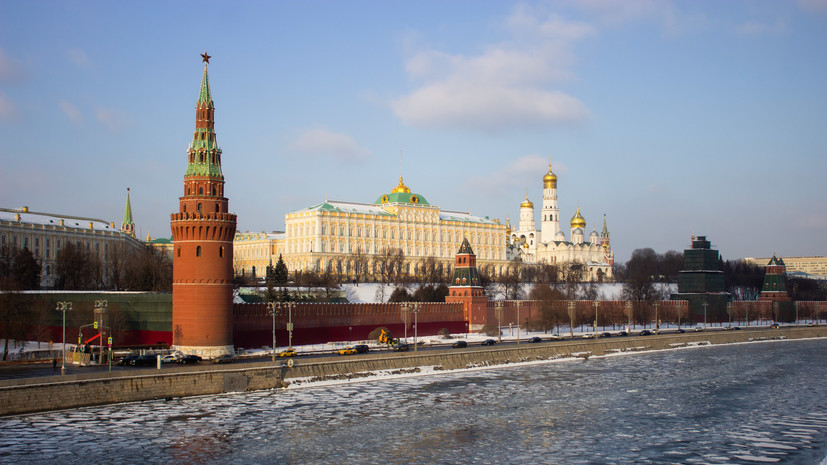Press Secretary of the President of the Russian Federation Dmitry Peskov called the extension of the grain deal a gesture of goodwill from Moscow.
In a conversation with journalists, a Kremlin spokesman noted that the second part of this agreement, which concerns the Russian side, has not yet been implemented.
“We appreciate the efforts that have been made through the United Nations, personally by the Secretary General.
But, despite this, Mr. Guterres, unfortunately, failed to break through the blank wall of the collective West,” he said.
As Peskov stated, those conditions that were agreed upon as an integral part of the deal were not met.
According to him, the agreement "cannot stand on one leg."
“In general, the conditions for the extension are relative.
But this is, of course, a kind of gesture of goodwill on the part of the Russian Federation in the hope that, after such a long time, the obligations that were assumed by the well-known parties will be fulfilled,” Peskov said.
Recall that package agreements on the export of food and fertilizers were signed on July 22, 2022 in Istanbul.
The agreement, to which Russia, Ukraine, Turkey and the UN became parties, consisted of two documents.
One spoke of the UN's obligations to lift restrictions on the supply of Russian agricultural products and fertilizers to world markets, the other spelled out the algorithm for the export of Ukrainian agricultural products from the Black Sea ports controlled by Kiev along the humanitarian corridor.
The original term of the contract expired on November 18, but its terms assumed an automatic extension for 120 days in the absence of objections from one of the parties.
Thus, the deal expired on March 18, 2023.
Also on russian.rt.com Russian Foreign Ministry on grain deal: Russian agricultural exports blocked by Western sanctions
The Russian side has repeatedly raised questions about the implementation of agreements, both in terms of lifting restrictions for Moscow and in terms of grain supply routes.
In particular, speaking at the plenary session of the Eastern Economic Forum on September 7, Vladimir Putin noted that a significant part of Ukrainian grain was sent not to the poorest countries, but to the European Union.
The Ministry of Foreign Affairs of the Russian Federation - on the extension of the deal
Russian Deputy Foreign Minister Alexander Grushko confirmed on March 14 that the grain deal had been extended for 60 days.
According to him, the parties reaffirmed the package nature of the document on the condition that all promises given to Moscow to lift sanctions on the supply of agricultural products to international markets are fulfilled.
As Grushko noted, the Russian side is not satisfied with the pace of the UN's work in this direction "neither in terms of the results that have been achieved today on this track, nor in terms of the obligations that the UN assumed when signing this Istanbul package."
According to the diplomat, formal negotiations on the deal are continuing, while for Russia it is fundamentally important to fully fulfill the promises that were made by the other side.
“In this sense, nothing changes for us, we will work hard and force our partners to fulfill their obligations,” RIA Novosti quotes Grushko.
The day before, Deputy Foreign Minister Sergei Vershinin said that Moscow had no objection to extending the grain deal after March 18, but only for 60 days.
He spoke about the completion of another round of consultations between the Russian interdepartmental delegation and UN representatives headed by Secretary General of the Conference on Trade and Development (UNCTAD) Rebeca Greenspan and Head of the Office for the Coordination of Humanitarian Affairs Martin Griffiths.
At the center of this discussion, Vershinin noted, was the implementation of the package agreements concluded in Istanbul.
The diplomat stated that the past consultations reaffirmed that Kyiv receives significant profits from the commercial export of products, while barriers still remain in the way of Russian agricultural exporters.
According to the Deputy Foreign Minister, the further position of the Russian side will depend on real progress in the normalization of Russian agricultural exports, including bank payments, transport logistics, insurance, unfreezing of financial activities and the supply of ammonia through the Togliatti-Odessa pipeline.

